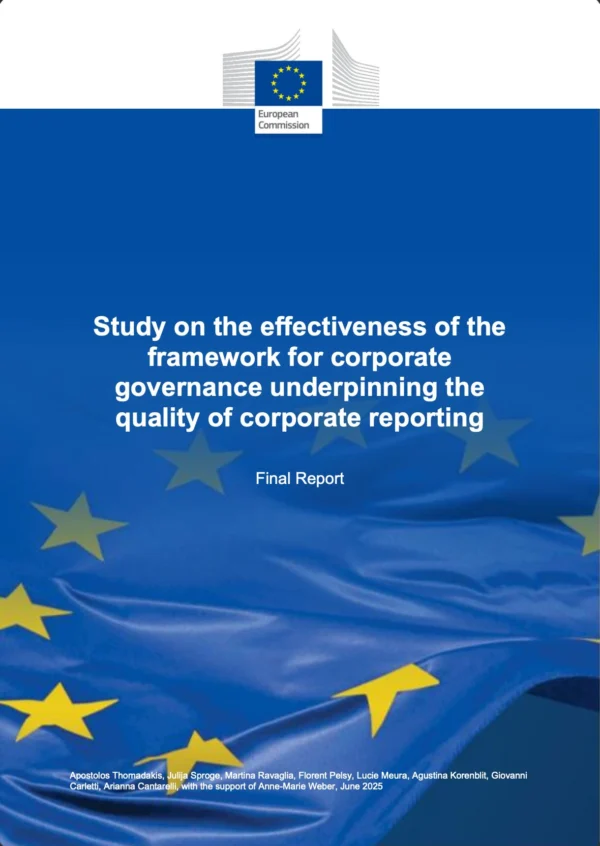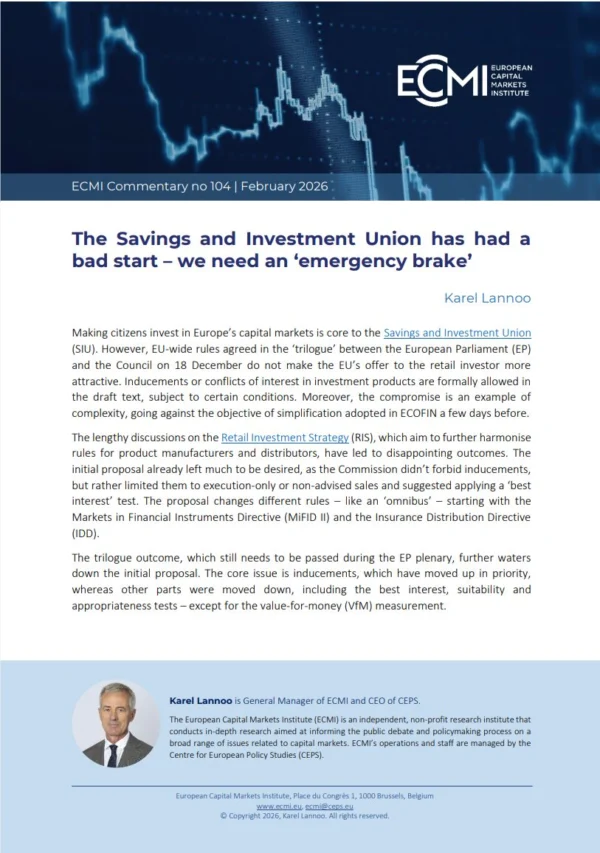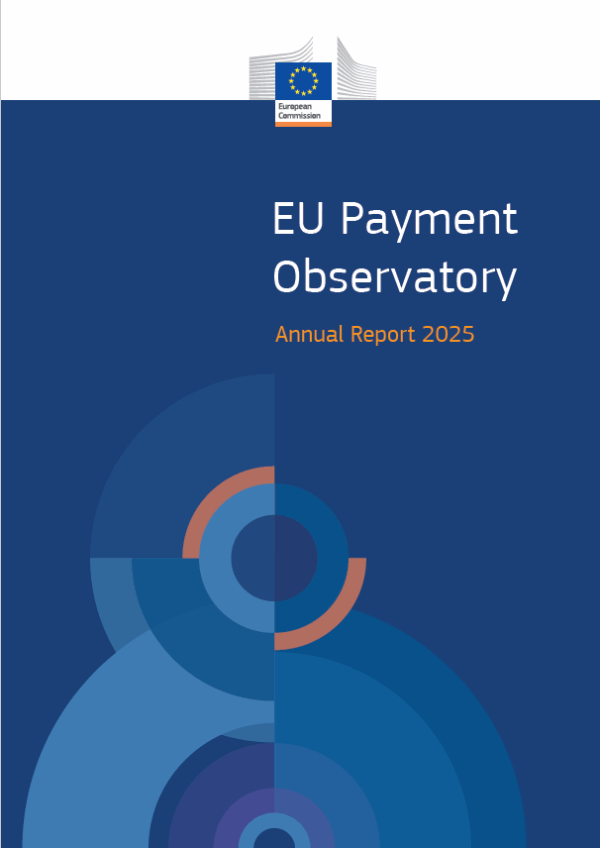Corporate governance refers to the relationships and structures through which company objectives are established, monitored, and achieved. It serves as a key foundation for ensuring accurate, transparent, and accountable financial and non-financial disclosures. The European Commission’s Call for Evidence, related to the initiative “Corporate reporting – improving its quality and enforcement”, identified shortcomings in essential corporate governance elements – such as board oversight, risk management, internal control systems (ICS), and audit committee structures – which may adversely affect the quality of corporate reporting.
As a follow-up to that call for evidence, this study aims to gather further insights and supporting data to help the Commission assess how the effectiveness of corporate governance systems contributes to the quality of corporate reporting. The study focuses exclusively on the practices and experiences of companies with shares listed on regulated capital markets (i.e. listed companies) in ten selected EU Member States. It also provides a comparative overview of how internal controls and related reporting are regulated in Japan and the United States.








